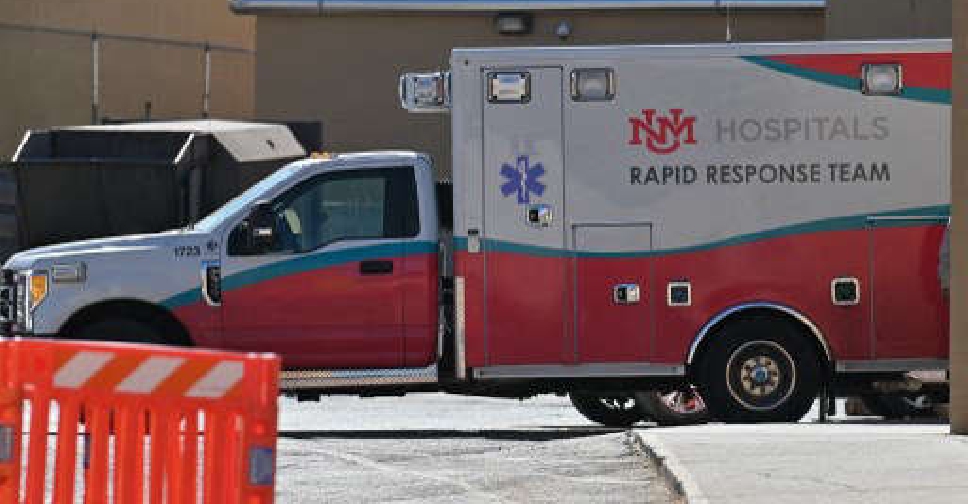
An on-set shooting death has reignited concern about the use of prop guns like the weapon actor Alec Baldwin discharged in the killing of cinematographer Halyna Hutchins while filming a movie in New Mexico.
Some prop guns are non-firing facsimile weapons, but many are real guns, loaded with blank rounds instead of bullets.
Prop guns have long been used on sets for the realistic visual effect of the flash and recoil after an actor pulls the trigger. However, guns with blank cartridges, which lack a bullet but use gunpowder, can be fatal at close range.
Productions using prop guns have designated weapons handlers or armourers tasked with watching the weapons on set, regularly checking that they are only loaded when needed and with the intended material.
They also ensure that actors use them safely, according to industry rules and experts.
"Every armourer I've ever worked with takes that job outrageously seriously," Ben Rock, a film and television director, told Reuters in an interview.
Rock said he has pushed back on the use of firing blank rounds for years, arguing the "gritty realism" it lends can be replaced by using airsoft guns and adding visual effects in post-production.
"Why is it worth any risk?" Rock said. 'We're also pretending everything else, I don't see why we can't pretend about this too."
According to the Santa Fe, New Mexico sheriff's department, no charges have been filed in Thursday's fatal shooting of Hutchins and the injury of Souza, and the investigation remains open. The sheriff's office has said Baldwin discharged a prop firearm.
Baldwin is a co-producer and an actor in the movie in question, "Rust", a Western set in 1880s Kansas.
Rick Pallaziol, who owns the company "Weapons of Choice" and has leased prop weapons to television, film and theatre clients for about three decades, said he stopped renting guns that can fire rounds to film productions more than 20 years ago because he was concerned about the risks involved with blank cartridges. Even with rules in place, a brief lapse in alertness after a long day on set can be lethal, he said.
"Protocols aren't enough," Pallaziol told Reuters. "Someone has to be really afraid at every given moment that the gun is going to go off, and when they see that it's pointed in the wrong direction, to yell bloody murder before something happens."
Ken Sonkin, a performing arts professor at the University of San Francisco and a stage combat specialist, said the sensory effects from firing blank rounds are hard to replicate with sound effects. But he added that Hutchins' death might give directors pause.
"I do think it will ask those of us who work in the industry to reinvest in our safety protocols and maybe reexamine them," Sonkin said.

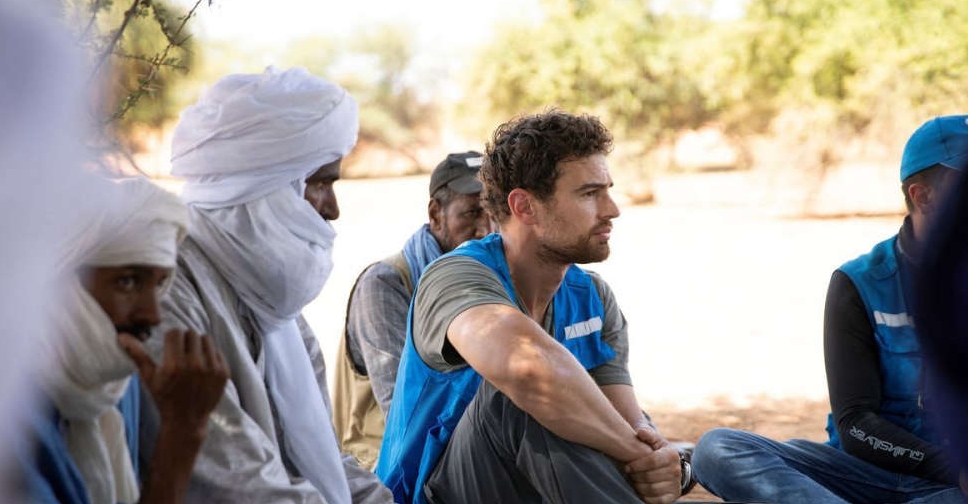 Actor Theo James urges support for climate crisis refugees
Actor Theo James urges support for climate crisis refugees
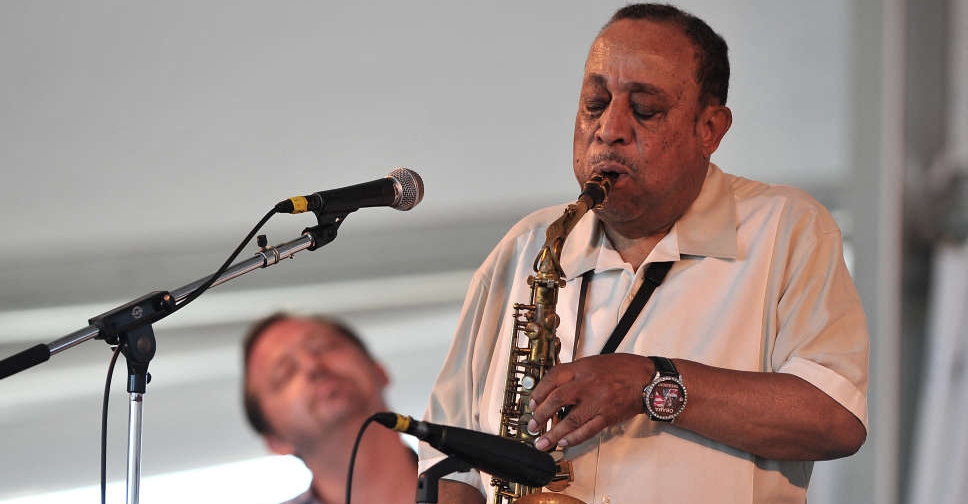 Jazz legend Lou Donaldson dies at 98
Jazz legend Lou Donaldson dies at 98
 Taylor Swift wins big at 2024 MTV EMAs
Taylor Swift wins big at 2024 MTV EMAs
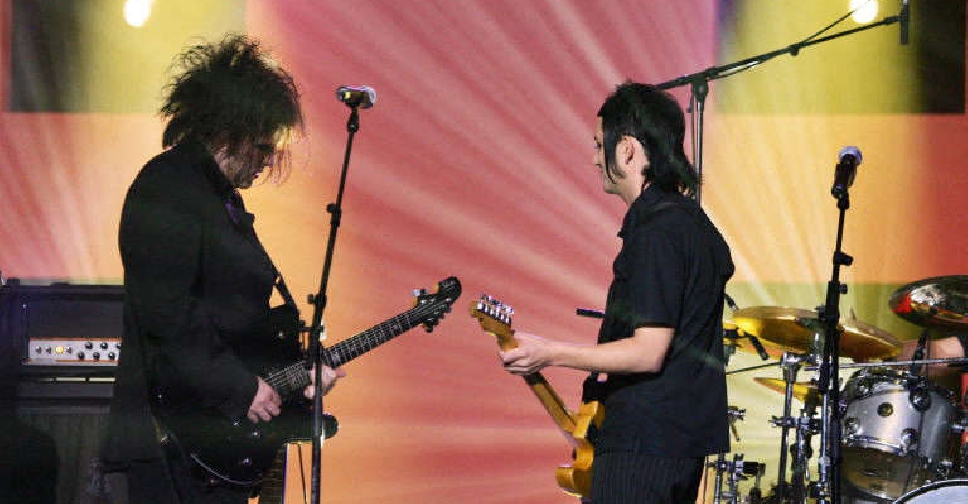 The Cure return to top of UK charts after 32 years
The Cure return to top of UK charts after 32 years
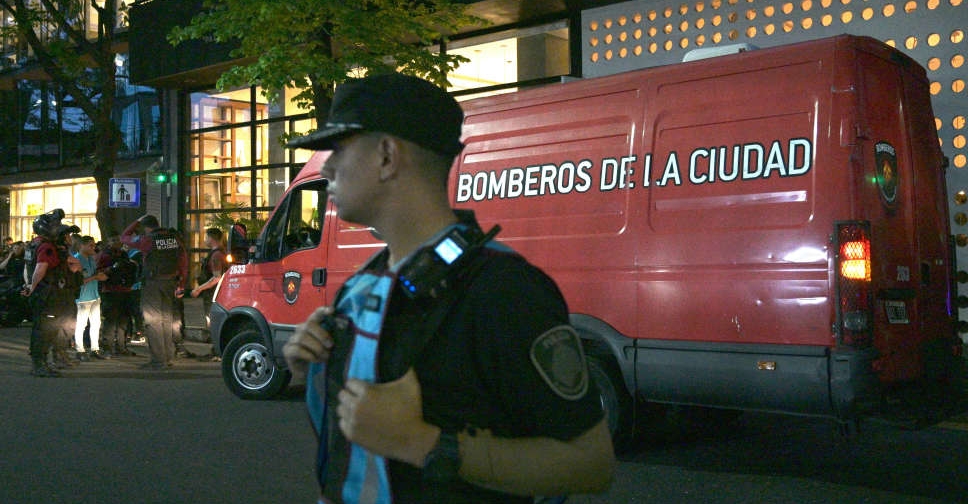 Three charged in connection with Liam Payne's death
Three charged in connection with Liam Payne's death




